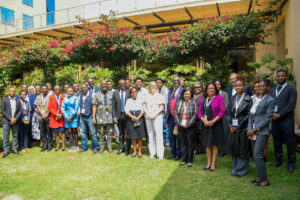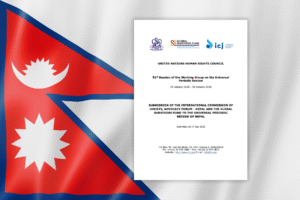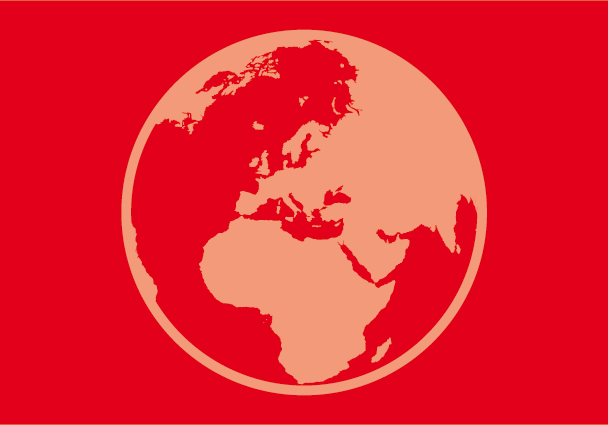
Jan 1, 1998
Lorsque les violations massives des droits de l’Homme sont considérées dans le cadre du système international, il est paradoxal que la plus grande attention soit toujours portée aux violations en tant que faits et pratiques.
Mais que les personnes qui sont concernées par ces faits et pratiques, les auteurs comme les victimes, soient restées largement en marge du champ d’action que se soit au niveau national comme international.
Cependant, c’est au cours de ces dernières années, que cette donne aura quelque peu évolué. La création de tribunaux ad hoc pour l’exYougoslavie et le Rwanda, ainsi que le projet actuel de création d’un tribunal pénal international et permanent, sont autant de signaux clairs de la détermination de la communauté internationale à combattre l’impunité et d’insister sur la responsabilité criminelle des auteurs de violations des droits de l’homme. La Commission internationale de juristes (CIJ) se félicite de ces développements et les soutient.
Suite dans le PDF ci-dessous:
right to reparation-compilation-report-1998-eng-fra-spa (Texte complet en anglais, français et espagnol – PDF)
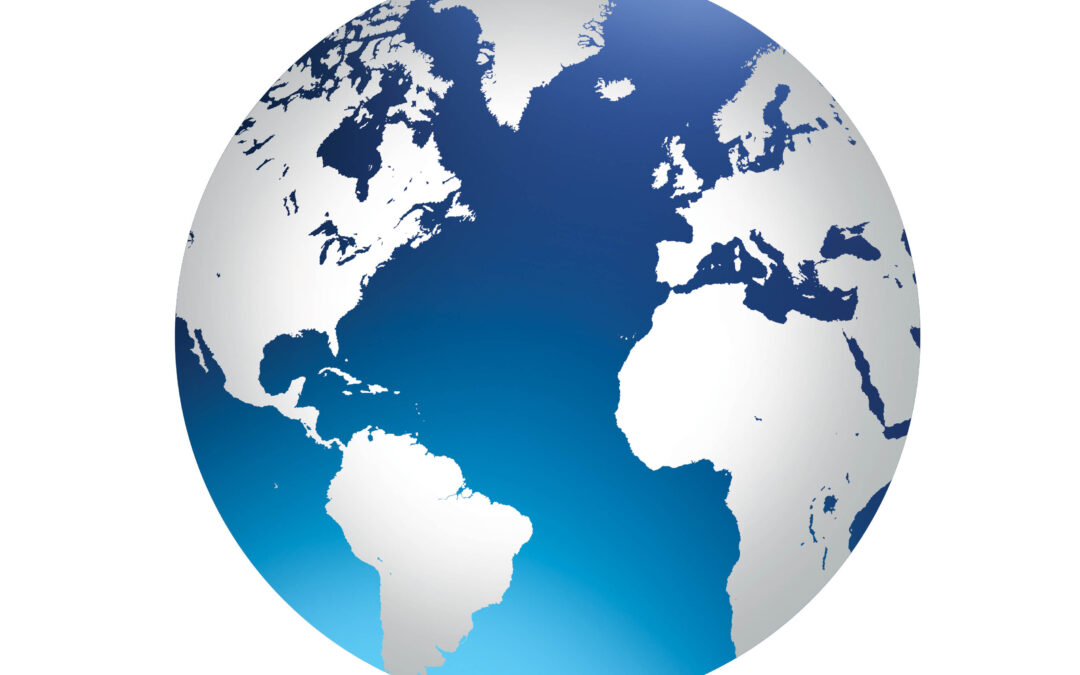
Jan 1, 1998
The Report chronicles the activities of the ICJ over the past two years. The primary objective of the ICJ is to promote understanding, institutionalization and observance of the Rule of Law, the Independence of the Judiciary and the legal protection of Human Rights world-wide.
Evidence abounds in the Report of gains in these fields in the two years under review.
“For the past two years, the Commission has engaged itself on two major international initiatives. These are the International Criminal Court and the African Court on Human and Peoples Rights.”
(citation from the Foreword by Kofi Kumado, Acting Chairman of the Executive Committee).
ICJ report on activities 1996-1997-annual report-1998-eng (full text in English, PDF)
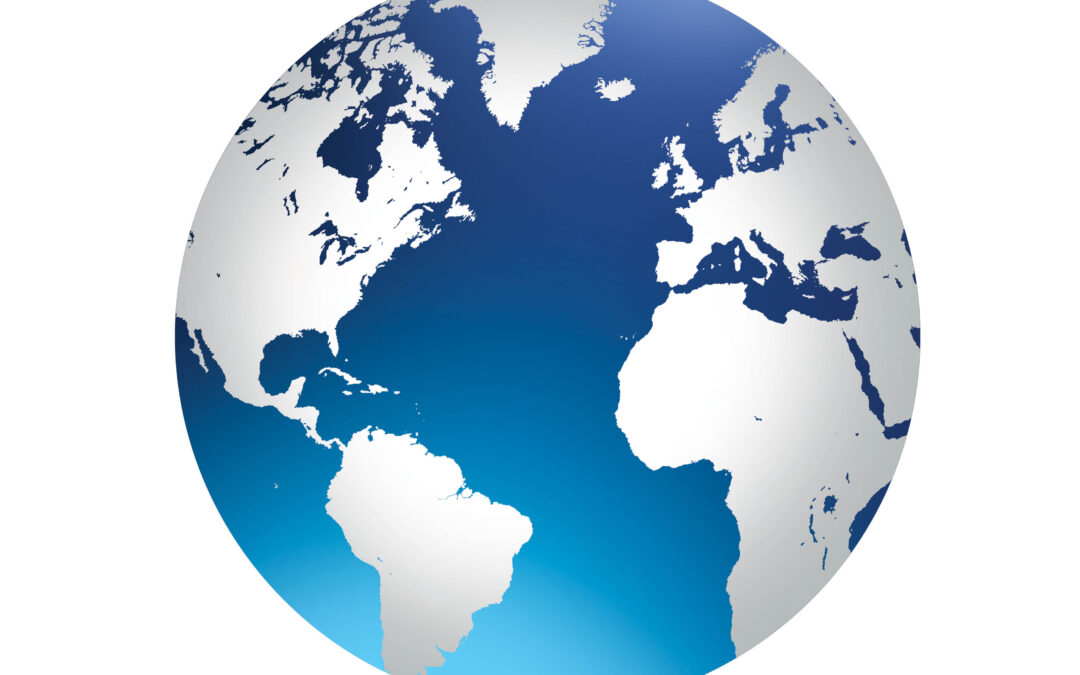
Dec 15, 1997
Impunité, crimes contre l’humanité et disparitions forcées.
ICJ Review-58-59-1997-fra (Texte complet en PDF)
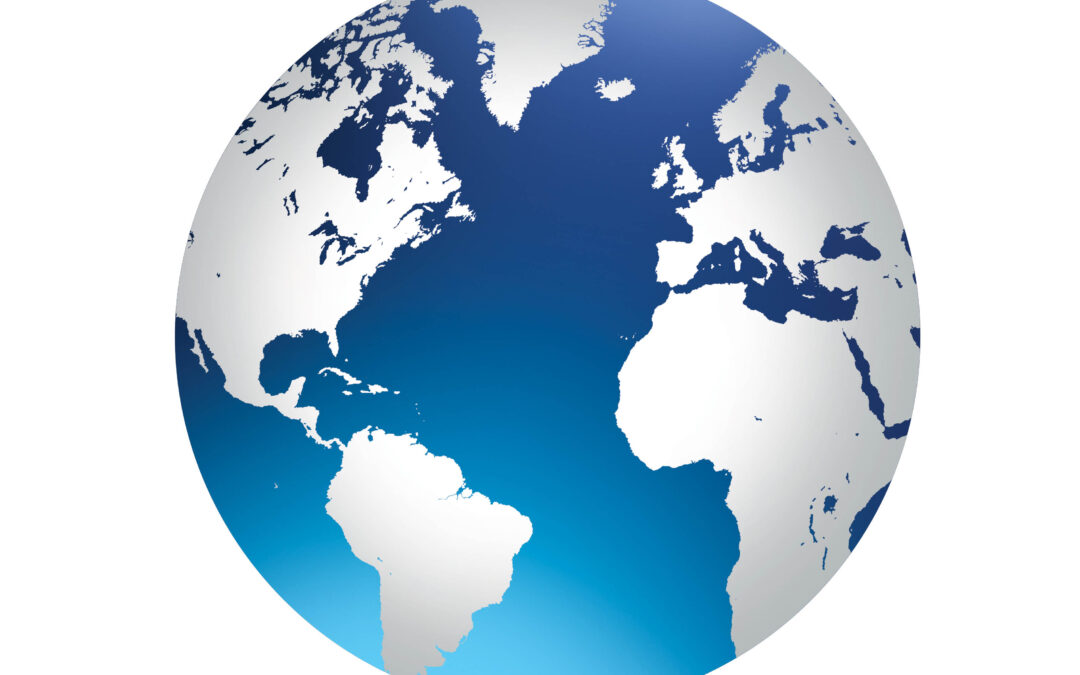
Dec 1, 1997
The purpose of the Review is to focus attention on the problems in regard to which lawyers can make their contribution to society in their respective areas of influence and to provide them with the necessary information and data.
This edition features:
-Minimum humanitarian standards – from Cape Town towards the future, by Anna-Lena Svensson-McCarthy
-The European Social Charter, an instrument for the protection of human rights in the 21st century?, by Nathalie Prouvez
-The role of the prosecutor of an International Criminal Court from a comparative perspective, by Kai Ambos
-Human rights in development: UN technical cooperation in the field of human rights, by Mona Rishmawi
-Democracy and the rule of law in Slovakia, by Spencer Zifcak
-The universality of human rights, by Bertrand G. Ramcharan
-The Universal Declaration of Human Rights – is it universal?
-Rhetoric, regret and reform – the need for an appropriate UN response to the killing of human rights workers, by Todd Antony Howland
-The 49th session of the United Nations Sub-Commission on Prevention of Discrimination and Protection of Minorities
-Universal Declaration on the Human Genome and Human Rights
ICJ Review-58-59-1997-eng (full text in English, PDF)
ICJ Review-58-59-1997-fra (full text in French, PDF)
ICJ Review-58-59-1997-spa (full text in Spanish, PDF)
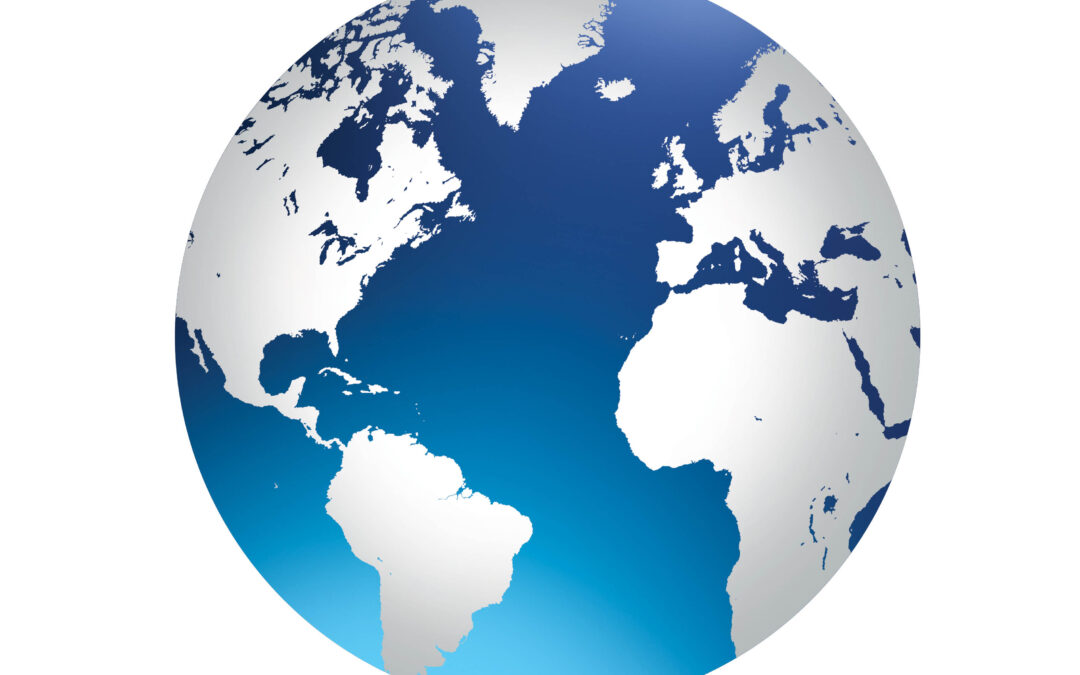
Dec 1, 1997
Impunité, crimes contre l’humanité et disparitions forcées.
ICJ Review-58-59-1997-fra (Texte complet en PDF)








